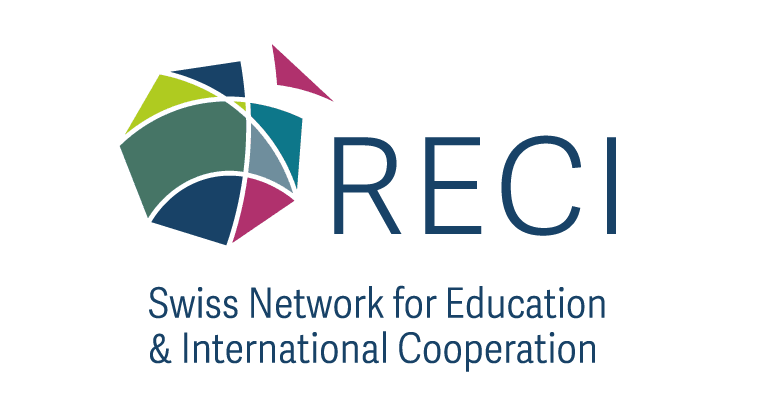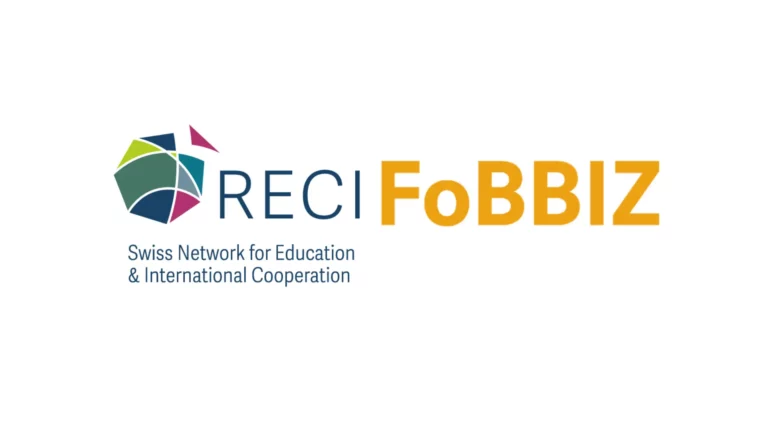The Pestalozzi Children’s Foundation is convinced that innovation can help achieve development goals more quickly and cost-effectively. For this reason, it launched the Innovation Fund in 2023 to promote and test promising project ideas. At the end of April, the winners for 2025 were announced.
A total of 14 organisations from nine countries across four continents applied for the Innovation Fund this year. The approaches ranged from school gardens as interdisciplinary learning laboratories, to digital learning platforms for multilingual teaching, to trauma pedagogy in conflict areas.
Innovation Fund 2025: The Winners
Through a multi-stage decision process, the 7-member jury selected two winning projects:
- The Macedonian Civic Education Center (MCEC) from North Macedonia plans to develop digital learning games and playful activities to help students develop a so-called “growth mindset.” This playful approach aims to foster perseverance, encourage the trial of new strategies, and promote viewing failures as opportunities for learning and improvement.
- The Guatemalan Organización de Estados Iberoamericanos (OEI) will develop toolkits for creative writing. These toolboxes, aimed at 4th to 6th grade, are intended to support teachers in classroom implementation and sustainably improve students’ creative writing skills.
How the Concept Works
Based on the Design Thinking process, the innovation projects go through four phases: brainstorming, prototyping, testing, and normalisation. Phase one concluded with the submitted project proposals. To create these local organisations analysed target groups and their needs, identified a problem to be solved, and presented their innovative solution.
The three-month prototyping phase will begin in August, during which a simple and easily implementable version of the idea will be tested to better understand the limitations and associated challenges.
In the testing phase, which can last up to 9 months, the complete product is tested taking into account the key insights from the prototyping phase. If an innovation proves successful and scalable, it can be integrated into a regular project of the Pestalozzi Children’s Foundation during the normalisation phase.
Concrete Quality Development in the Education Sector
The results from the first years have highlighted the tremendous potential among partner organisations worldwide to address concrete local problems and needs cost-effectively.
For example, the Serbian Center for Interactive Pedagogy (CIP) developed software through the Innovation Fund that simplifies self-evaluation, enables data-driven school management, and improves collaboration with education authorities. The digital tool, called “Self-Evaluation for Quality Improvement,” is also a great example of scalability: it is available free of charge to all schools in the country via the Ministry of Education’s website.


